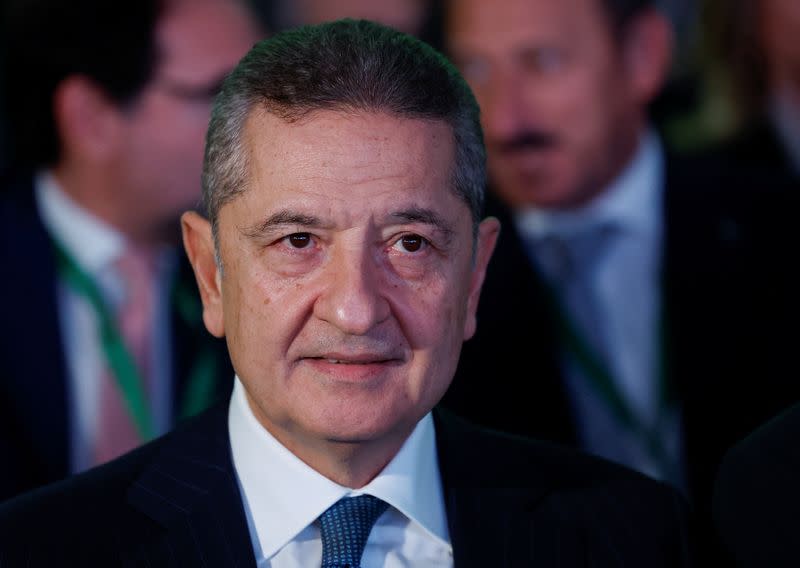ECB's Panetta calls for timely, small rate cuts

FRANKFURT (Reuters) - European Central Bank policymaker Fabio Panetta called on Thursday for timely and small interest rate cuts to stem the risk of prolonged economic stagnation in the euro area.
The ECB has clearly signalled it will start lowering borrowing costs in June after inflation fell back to just above its 2% target, but investors have started to doubt its resolve to continue on that path [GVD/EUR].
Panetta, the governor of the Bank of Italy, made the case for starting early and going in small steps -- pausing if inflation were to rear its head.
"Timely action would allow the ECB to be nimble and move in small, progressive steps," Panetta told an ECB conference.
"Small rate cuts would counter weak demand, and could be paused at no cost if upside shocks to inflation were to materialize along the way," he said, adding that large rate cuts could damage the ECB's credibility.
Traders were likely to interpret Panetta's comments as endorsing a 25-basis-point cut on June 6, followed by more as soon as the ECB's following meeting on July 18.
Panetta argued that hesitation in cutting rates would discourage firms from investing, thereby hampering their productivity and putting them at a disadvantage to global competitors.
"From now on, we must weigh the risk of monetary policy becoming too tight," he said.
"A tight monetary stance could generate hysteresis effects that would increase the risk of a protracted period of economic weakness."
He also noted that inflation expectations were well-anchored around the ECB's 2% target and the probability of a self-sustained inflationary spiral was low.
(Reporting By Francesco Canepa; Editing by Chizu Nomiyama)

 Yahoo Finance
Yahoo Finance 